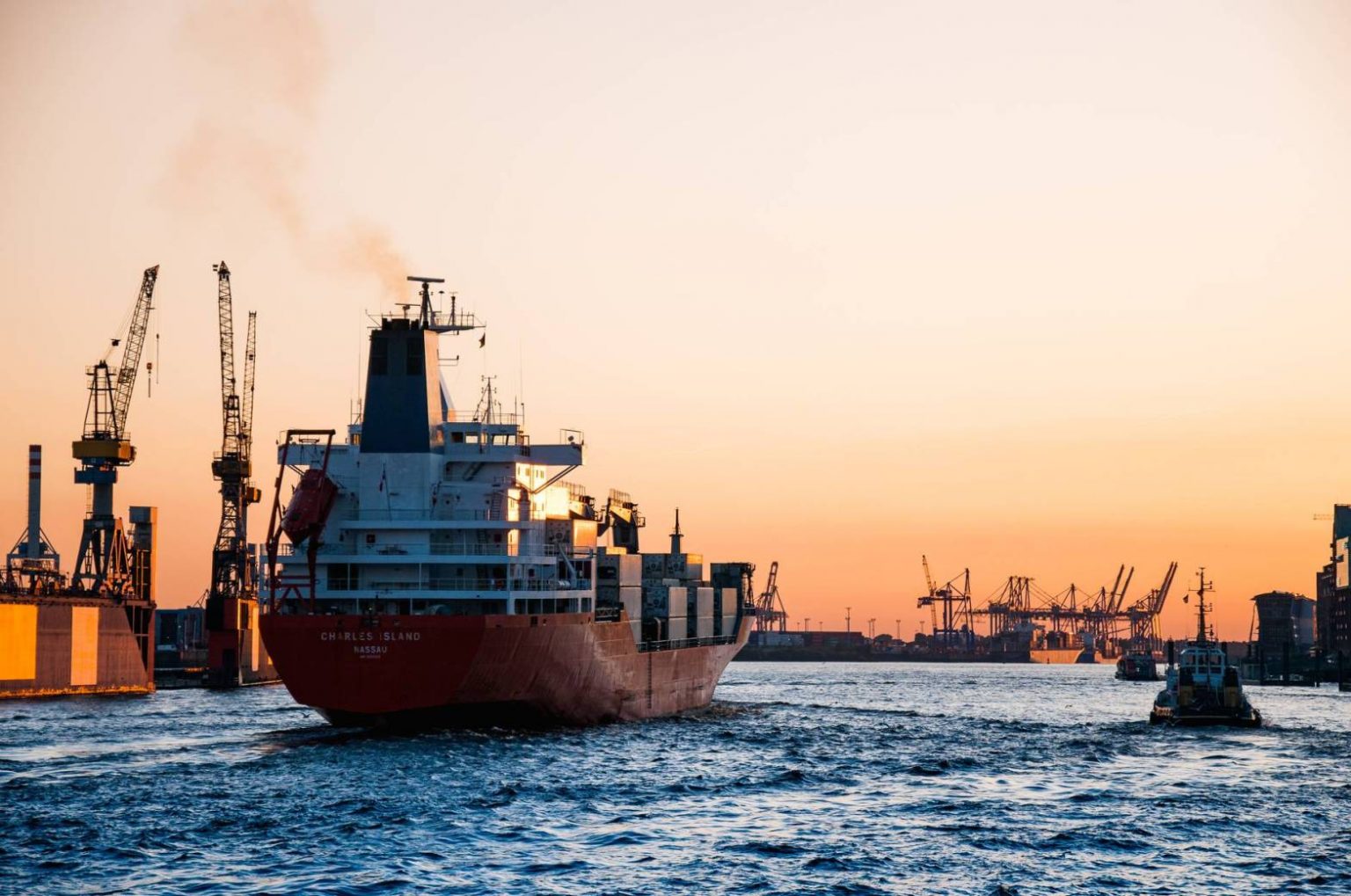The Ministry of Ports, Shipping and Waterways has issued a draft of the Merchant Shipping Bill, 2020 for public consultation that aims to repeal and replace the Merchant Shipping Act, 1958 (Act No. 44 of 1958) and the Coasting Vessels Act, 1838 (Act No. 19 of 1838).
The Merchant Shipping Bill, 2020 has been drafted with the primary aim of promoting the growth of the Indian shipping industry by incorporating the best practices adopted by other advanced countries like the U.S., Japan, U.K., Singapore and Australia. All up-to-date IMO Conventions / protocols, to which India is a party, have been adopted in it. Adequate provisions are incorporated to ensure the safety and security of vessels, safety of life at sea, prevent marine pollution, provide for maritime liabilities and compensations, and ensure comprehensive adoption of India’s obligations under International Conventions.
The envisioned advantages of the Merchant Shipping Bill, 2020 are following:
- Promoting ease of doing business- The Bill does away with requirement of general trading license for Indian vessels
- Embracing digital technology– It enables electronic means of registration, and grants statutory recognition to electronic agreements, records, and log books, in addition to electronic licenses, certificates and payments.
- Increasing tonnage and Vessel as a Tradable Asset-The Bill seeks to increase India’s tonnage by widening the eligibility criteria for ownership of vessels and providing for the registration of bareboat charter cum demise, thereby increasing opportunities for international trade.
- India as a Bankable Shipping Jurisdiction & avoidance of situations leading to wreck – The proposed Bill seeks to introduce for the first-time statutory framework for regulating maritime emergency response against maritime incidents. The provisions seek to provide for time effective implementation of response mechanisms in order to ensure that the same is prevented from becoming a wreck or other catastrophic event.
- Welfare of Indian seafarers on abandoned vessels and safety of abandoned vessels: Provisions for repatriation of abandoned seafarers have been enhanced, in line with the MLC regulations.
- Strengthening adjudication and predictability of claims: In order to strengthen the investigation and adjudication of claims arising out of collision of vessels, assessors may be tasked by the High Courts to present their findings on the degrees of fault of each vessel.
- India as an Active Enforcement Jurisdiction- The Bill incorporates powers of the Director-General to take action against vessels that are unsafe, and pose a threat to safety of life at sea and environment, and includes a procedure for appeal from detention orders. The Bill also incorporates provisions that encourage active enforcement of pollution prevention standards and the Central Government has been granted the power to mandate compulsory insurance or such other financial security, for pollution damage.
The Bill seeks to provide increased opportunities for investment and provide greater impetus to a self-reliant domestic investment climate in the maritime industry. The provisions regulating the maritime education, training, certification and the recruitment and placement of seafarers and ease of registration of ships under the Indian flag will give an impetus to the quality and quantity of Indian seafarers.
Consequently, it aims to boost employment opportunities for Indian seafarers in the national and international market. The benefits will be extended to ancillary sectors connected with the shipping industry in consonance with ‘Atmanirbhar Bharat’ initiatives of the government.
In line with the Prime Minister’s efforts to replace archaic colonial laws with contemporary International laws with active participation of people to enhance transparency in governance, the ‘Draft Merchant Shipping Bill 2020’ comes within a span of four months after the Ministry of Ports, Shipping and Waterways issued two draft Bills recently for public consultation, namely ‘Aids to Navigation Bill 2020’ and ‘Coastal Shipping Bill 2020’.
SOURCE: logisticsinsider.in






